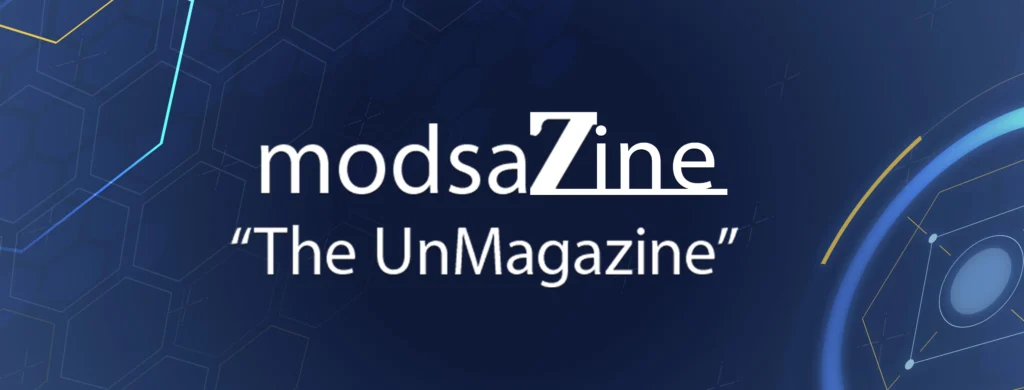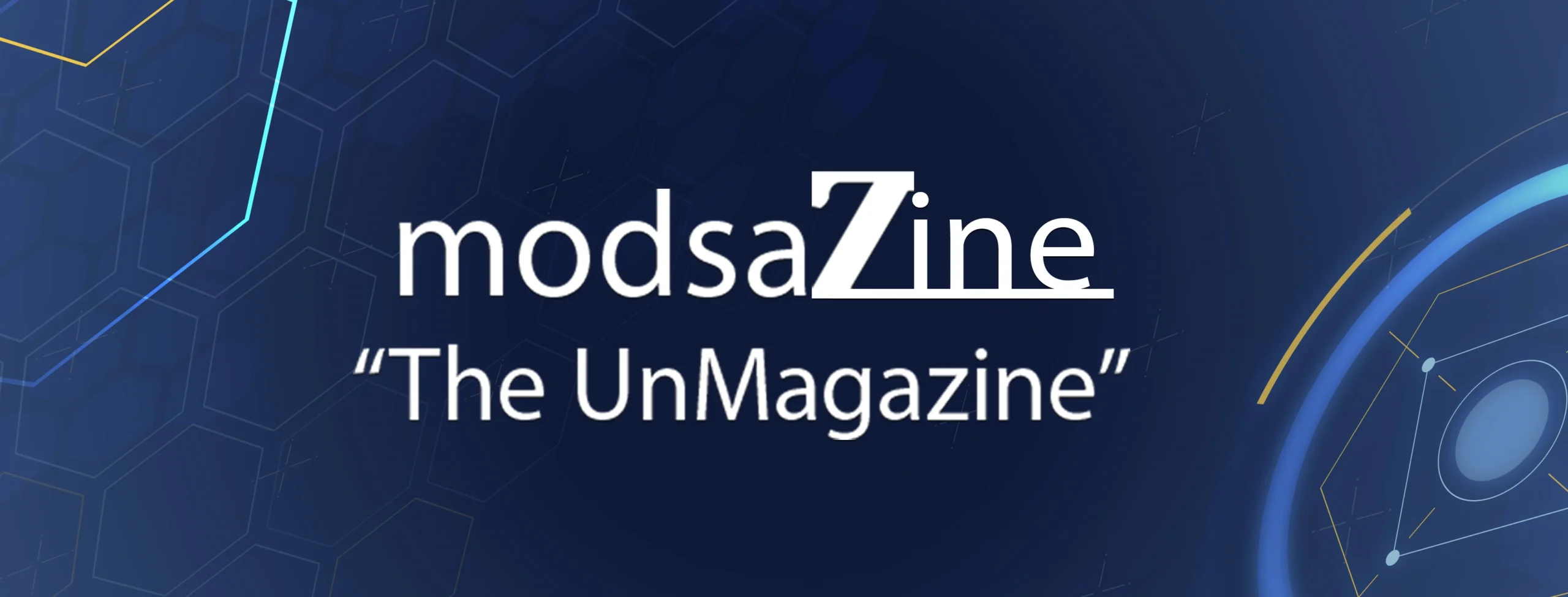But you’re probably here more for the new ideas. So new ideas that came from reading these docs, and these are hypotheses, these are ideas of things that we could test, that may or may not turn out to be impactful. I’m slightly cheating with the first one, which is more freshness. I already called out freshness as a factor, but it’s one of the most tactical examples, in my opinion, in the docs that I’ve read so far is just how many different kinds of specific freshness features show up, and they are very specific.
So there’s mentions of repeated dates on a page. There’s mentions of dates in the copy on the page as opposed to just in the metadata or the structured data and so forth. And there’s mentions of dates in internal anchors as well. My suspicion is this is quite focused on super fresh content that is really designed to be up to the minute, up to the second. Think live blogging, a political debate, or something like that, where you can imagine that all of these features would be naturally present.
But nonetheless, I think there’s possibly some opportunity to test this across large-scale sites and say, “Does this, in fact, move the needle as well?” The reference to commercial score is an interesting one and definitely one I want to dig into a little bit deeper. We have one customer in particular that has been building some hypotheses around this.
I don’t have the results yet. But they are a commercial website that is an affiliate, so it doesn’t have the shopping cart and the checkout functionality on their website. And one of the hypotheses we’ve had is that they actually need to look more commercial to do well in the highly commercial query space that they’re targeting. That’s not going to be universally true.
There are certainly going to be some queries where being more commercial is a bad thing. But I think it’s quite easy to believe that there’ll be some where being highly commercial is a good thing because that’s the user intent, the searcher intent. So that’s one that we’re definitely going to be digging into a little bit more. Authorship is probably the more controversial end of things. This was a really big deal in the discourse in the G+ days, when Google Plus was a thing.
A big part of the search impact of that, in theory, was this tying of the person who wrote something to their content that they put out. There’s been a lot of debate, discussion, unknowable questions around whether it, in fact, remains a factor, whether it even ever was that strong a factor. There are references to it in the docs, numerous kinds of references, and that is going to drive, I think, some new hypotheses for specific tests that we can run.
As I said at the top, the existence of something in the docs doesn’t guarantee that it’s used. It certainly doesn’t guarantee it’s a strong factor. But if it’s impactful, then we should be able to measure it. So watch this space for more on that. There’s been quite a lot here where I’ve been saying, “Hmm, we guessed some of these things, or we were at 90% confidence already.”


